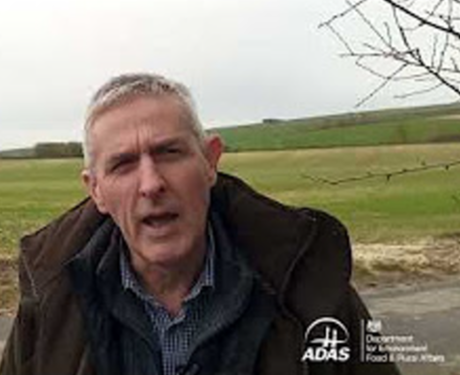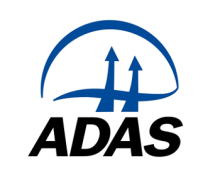The challenge of IPM is to make the control methods we use appropriate to the circumstances, and to balance between the productivity of the crop and minimising the impact on the environment. The control decisions we make on one field or in one season may not be appropriate in another set of circumstances – there is no ‘blue print’. In these videos we delve into the physiology of the crop, the epidemiology of the diseases and how different control methods work. By understanding the biology of the systems we're trying to control, we're better equipped to make appropriate decisions. Going into depth means we can’t cover all aspects of IPM. In practice, decisions about disease control are being made alongside decisions about invertebrate pests and weeds, and in the wider context of integrated crop management. In the UK, information on those topics is available from organisations such as LEAF, AHDB and the Voluntary Initiative. Nevertheless, disease control is still a big topic, so we have broken it down into bite size chunks - although each video is still a pretty substantial bite and will need some digesting. The videos can be viewed in any order that interests you, but they'll make most logical sense viewed in the order in the menu.

Integrated Pest Management focusing on disease control in cereals
Recommended Content
Connected Content
ADAS provides ideas, specialist knowledge and solutions to secure our food and enhance the environment. We understand food production and the challenges and opportunities faced by organisations operating in the natural environment
Integrated Pest Management (IPM) is based on a diversity of pest management measures (prevention, non-chemical control, best practices for optimizing pesticide efficiency, etc.). These are combined at the farm level to enable reduced reliance on pesticides, and therefore a decrease in the exposure of the environment and people to pesticides.
The IPMWORKS e-learning modules have been prepared based on successful experiences within the project network, including technical aspects of IPM strategies, farm performance or co-innovation and method for farm hub coaching, targeting both farmers and advisers. Modules on agroecosystem approach, on holistic pest management examples and on the key topic of policies are also included to frame the technical ones.



